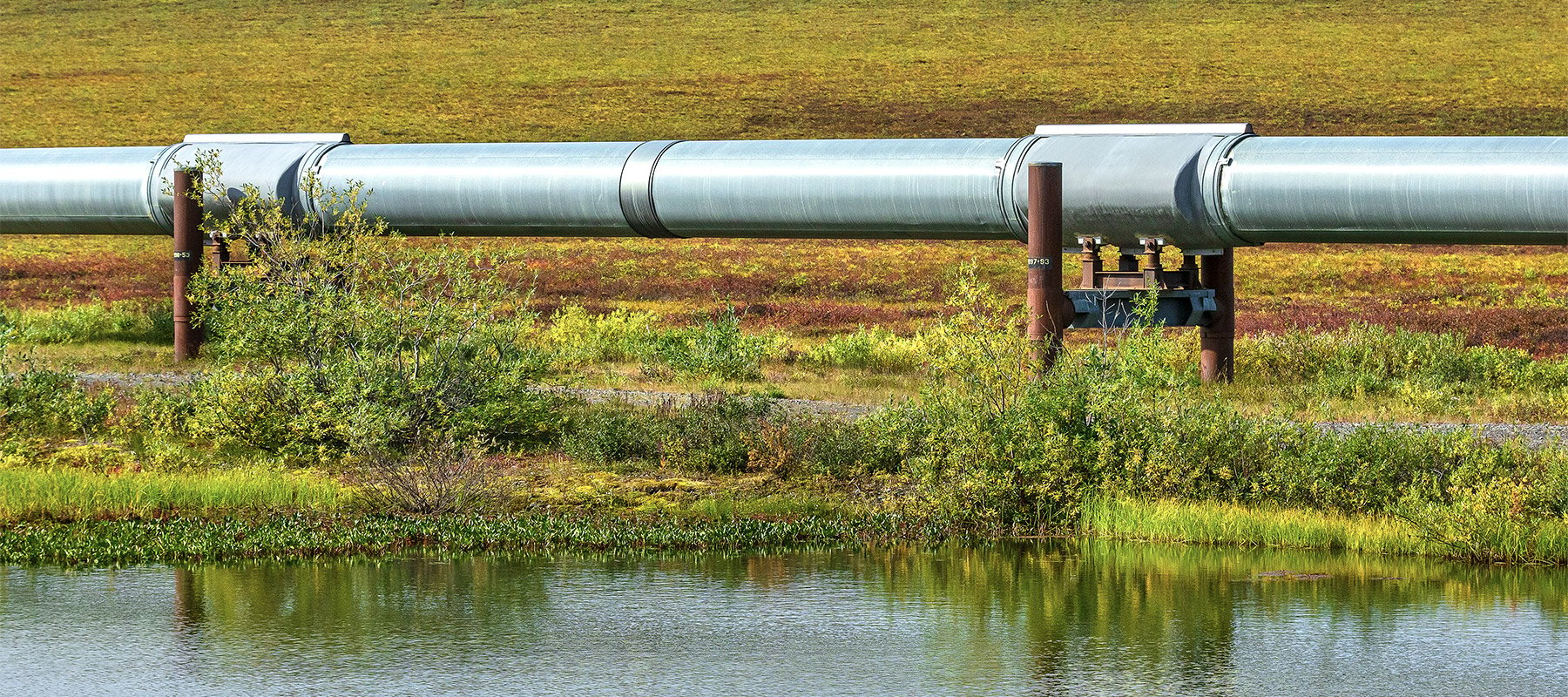2 min read
NWP 12– Wetlands Permitting Changes for Utility Line Projects
![]() Transect Team
:
Apr 20, 2020
Transect Team
:
Apr 20, 2020

Listen to the audio version
In an April 15 ruling in Northern Plains Resource Council et al. v. USACE, a Montana judge vacated (canceled) Nationwide Permit (NWP) 12 and enjoined (prohibited) the United States Army Corps of Engineers (USACE) from using NWP 12 to authorize impacts to federally regulated waterways and wetlands. The final rule argues that the USACE violated the Endangered Species Act because it did not adequately consider the effects of NWP 12 on federally protected and listed species. Section 7 of the Endangered Species Act (ESA) requires the USACE to consider federally protected species. This section requires federal agencies, like the USACE, to ensure that any actions they authorize, fund, or carry out do not jeopardize the existence of any species listed under the ESA.
Existing NWP 12
NWP 12 is a programmatic USACE permit that allows most minor impacts to waterways and wetlands from construction, maintenance, or repair of utility lines to proceed with little to no federal involvement, as long as certain permit conditions are met. One of the conditions in NWP 12 is general condition 18, which requires non-federal permittees to notify the USACE if impacts to protected species may occur due to the project that is authorized under the NWP. The United States Army Corps of Engineers has historically relied on project-specific reviews and general condition 18 to ensure that protected species were evaluated in accordance with Section 7 of the Endangered Species Act. However, the ruling states that "Project-level review, by itself, cannot ensure that the discharges authorized by NWP 12 will not jeopardize listed species or adversely modify critical habitat" and calls for a programmatic ESA review of NWP 12.
Revised NWP 12
As the judge enjoined NWP 12 nationwide, this ruling will cause immense uncertainty for the millions of miles of proposed and existing pipeline and utility projects that rely on NWP 12 for Clean Water Act permit coverage. The Department of Justice will seek clarification or narrowing of the order, and it is almost sure that it will appeal this decision. For now, it appears that utility line activities will have to find another route for water and wetlands permitting.
How Does This Impact Your Project Activity
These changes are unlikely to be the last, so environmental permitting will continue to be a hurdle for land developers. This ruling and the scrutiny seen throughout are likely to add additional steps for developers. To help avoid mishaps, we recommend practicing proper environmental due diligence and using tools such as an endangered species map or a wetlands map.
Transect has reflected the change in the nationwide permit availability in Transect's Regulations and Permits sections for our utility users, and we will keep a close watch as this unfolds. If you need immediate assistance for a pipeline or utility project that is already underway using Nationwide Permit 12, we recommend you contact your legal counsel or your USACE project manager immediately to discuss the path forward. In most cases, boring underneath waterways and wetlands will avoid Clean Water Act obligations.
UPDATE: NWP 12
As announced on March 28, 2022, the United States Army Corps of Engineers will be reviewing the existing NWP 12. This review comes as changes to the Clean Water Act interpretations and conversations about the impacts of pipeline construction are increasing. Nationwide permits undergo formal review as the USACE sees fit. As environmental policies are reviewed by executive order, and more environmental justice groups push for changes in regulations, we are likely to see similar reviews of water quality permits and other NWPS.
We will update as a final rule for new NWP standards are established.
